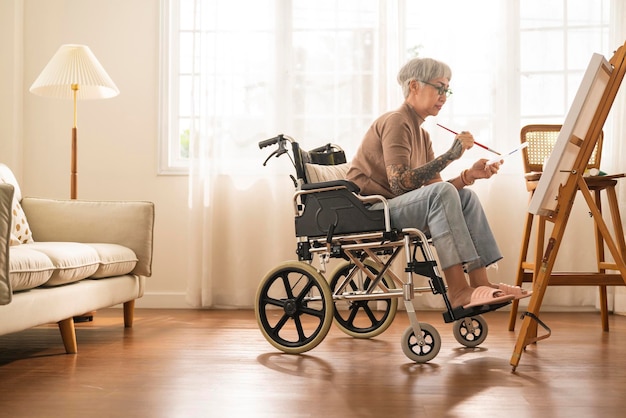Understanding why an elderly mother might be shaking is a common concern for many families. As we journey through life, age brings about various changes to our bodies, some of which may be alarming. If you’ve noticed your mother experiencing shakes or tremors, its natural to feel worried. By gaining insight into the potential causes, you can take informed steps to aid her effectively.

Initial Causes of Shaking
There are numerous reasons an elderly person may experience shaking. Identifying the root cause is crucial for proper treatment. Often, these shakes can be attributed to age-related changes in the body. It might also stem from medical conditions or medication side effects.
Age-Related Tremors
Essential tremors are common as people grow older. These tremors are typically mild but can become more pronounced with stress or fatigue. While usually harmless, their impact on daily activities can still be profound.
Medication Influence
Another consideration is the medications that seniors are often prescribed. Many drugs have side effects, including shaking. Reviewing your mother’s current medications with a healthcare professional could reveal the culprit and adjustments might be necessary.
Serious Medical Conditions
Parkinson’s Disease
Parkinson’s is one of the more serious causes of tremors and requires a medical diagnosis. It’s a degenerative disorder affecting the central nervous system, leading to severe shakes over time. Early detection is key to managing its progression effectively.
Other Neurological Issues
Besides Parkinsons, other neurological conditions such as Multiple Sclerosis or Dystonia might also result in tremors. Consulting with a neurologist can help in pinpointing the cause.
Emotional and Psychological Causes
Anxiety and Stress
Emotional well-being plays a critical role in physical health. For seniors, anxiety and stress can manifest in physical symptoms like shaking. Addressing these factors through supportive environments and possibly aging in place could be beneficial.
Fatigue and Exhaustion
Fatigue can also exacerbate or even induce shakes. Ensuring your mother gets adequate rest and maintains energy throughout the day is crucial.
Addressing and Managing Shaking
Professional Consultation
One of the first steps should always be consulting with a healthcare provider. Accurate diagnosis leads to effective treatment strategies.
Home Care Solutions
In-home assistance or alert systems offer peace of mind for daily living. They ensure safety and support, especially if a health issue arises suddenly.
Supportive Devices
Using supportive products like the hand massager can help ease discomfort. Devices designed for seniors can assist with daily activities, ensuring independence and comfort.
Lifestyle Adjustments
Diet and Nutrition
A balanced diet rich in essential nutrients supports overall well-being. Proper nutrition can aid in reducing incidents of shaking by enhancing physical health.
Exercise and Physical Therapy
Regular exercise tailored to your mothers abilities, potentially with the help of physical therapy, can strengthen her balance and reduce tremor severity.
Seeking Support from Family and Community
Caring is often a collaborative effort. Engaging family members and community resources ensures that your mother’s needs are adequately met, reducing feelings of isolation.
Prevention Strategies
Monitoring Health Regularly
Regular health check-ups foster early detection of potential issues. Encourage open communication with healthcare providers to stay informed.

Frequently Asked Questions
What are common causes of shaking in the elderly?
Common causes include essential tremors, medications, and neurological disorders like Parkinson’s. Understanding her medical history can guide towards identifying the cause.
How can I help my mother manage her shaking?
Combining healthcare guidance with home support systems, diet adjustments, and stress management can help alleviate shaking.
When should we consult a doctor?
If the shaking worsens or interferes with daily life, immediately consult a doctor for a thorough evaluation and diagnosis.
This article contains affiliate links. We may earn a commission at no extra cost to you.

